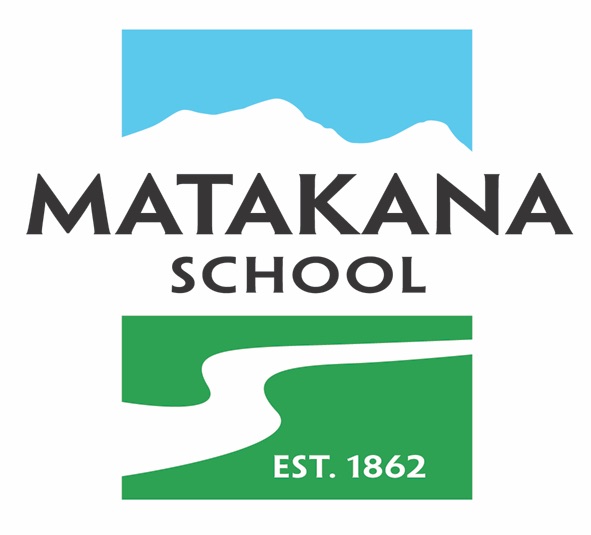“Imagination is not only the uniquely human capacity to envision that which is not, and therefore the fount of all invention and innovation; it is the power that enables us to empathise with humans whose experiences we have never shared…” – J. K. Rowling
Being literate is crucial to effective communication and the foundation for all learning, which enables students to extend their knowledge and skills throughout their lives.
Literacy is structured around two interconnected strands, each encompassing the oral, written, and visual forms of the language. The strands differentiate between the modes in which students are primarily:
making meaning of ideas or information they receive (listening, reading, and viewing)
creating meaning for themselves or others (speaking, writing, and presenting).
At Matakana School we aim to spend 10 hours per week on the English curriculum (includes Listening, Reading, Viewing, Speaking, Writing, Handwriting Spelling and Presenting and Information Literacy).
We are passionate about teaching reading and writing and achieve some great results!
Reading
Teachers at Matakana School deliver balanced reading programs uniquely tailored to the age and stage of their students, their interests and the teachers preferred style of teaching. Typically, a reading program consists of three elements; reading to students, reading with student and reading done by student.
Teachers regularly read to students, which exposes them to a wide range of vocabulary, improves their understanding and models good reading behaviours; of course it’s enjoyable too! Reading with students involves daily guided reading sessions whereby students are taught the skills of decoding language, comprehension and critical thinking. Lastly, time is set aside every day for students to practise reading independently.
During Term 2 and 3, students also enjoy a ‘buddy reading’ program that sees our junior students paired with our senior students for 10 minutes of reading or writing 2 times per week. This not only increases reading mileage for our junior students, it encourages peer assisted learning, develops fluency and builds great relationships.
Writing
Learning to write can be a tricky business because good writing involves handwriting, spelling, grammar and punctuation, not to mention knowing what we want to write and who we are writing for.
On entry at Matakana School, children will start to learn how to form letters correctly. They will be encouraged to use their knowledge of phonics to write words in ways which match their spoken sounds.
As they progress into Year 6, writing involves planning, drafting and reviewing what they have written. Children learn to identify the audience for and purpose of their writing. They will be expected to use grammar appropriately. In non-fiction writing, children will use headings, bullet points and other ways to organise their writing. They will be expected to describe settings, characters and to use dialogue in their stories.
Assessment
Students are assessed in their literacy knowledge in their first month of school. This assessment looks at your child’s
motor and artistic developmental stage
Concepts about print / book orientation
alphabet knowledge
oral language
vocal association
We then share and discuss this information with parents in a meeting with the Deputy Principal to develop your child’s first learning goals. Assessments are done regularly throughout the year to track your child and report their progress to you in their mid and end of year reports.
Intervention programmes
At times, students require an extra bit of help in order to reach the benchmarks in reading and writing.
At Matakana School, we have robust systems to ensure that students do not slip through the crack and any concerns are addressed swiftly. As well as many in class supports put into place by teachers for individual students, we offer supports such as:
CORE 5 / Lexia programme
Reading Recovery programme
Early words programme
Literacy report
The importance of your involvement in your child’s literacy development cannot be overemphasised. If you would like to know more about the how you can help your child at home, please talk to your child’s teacher.

